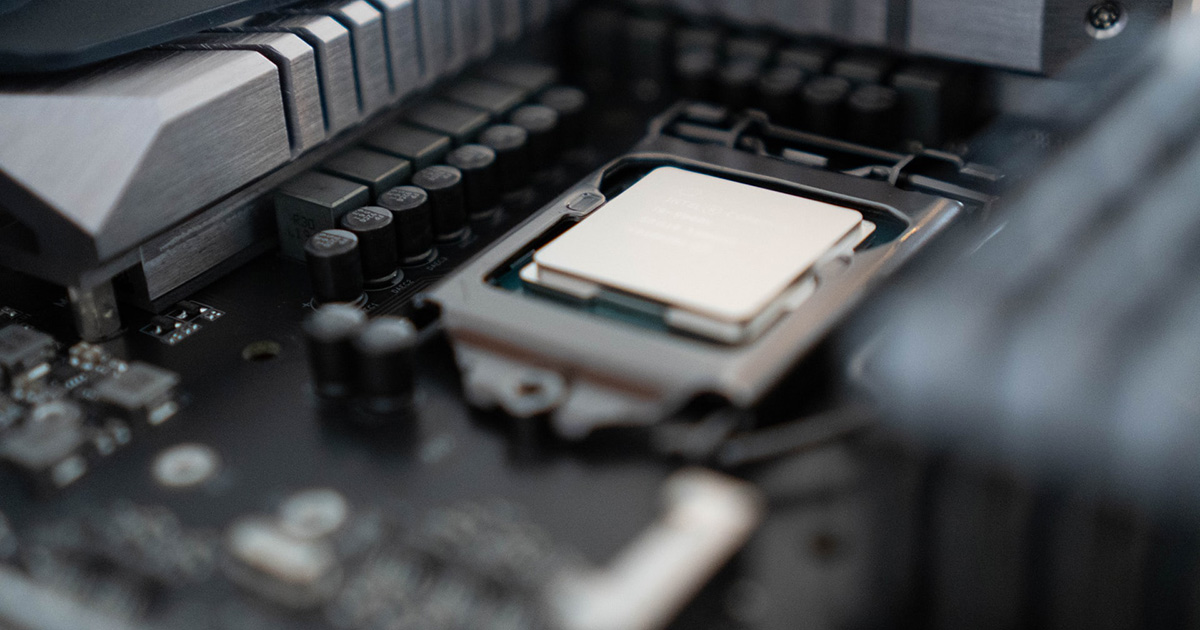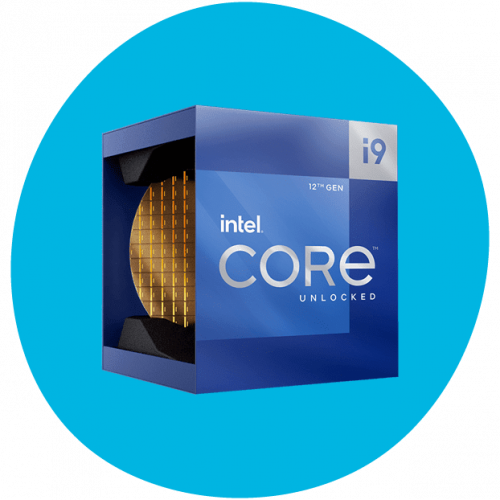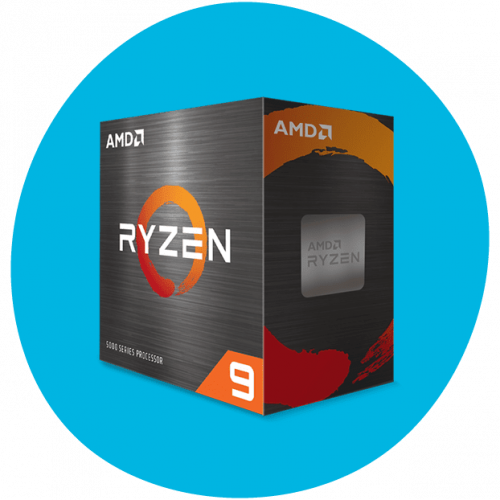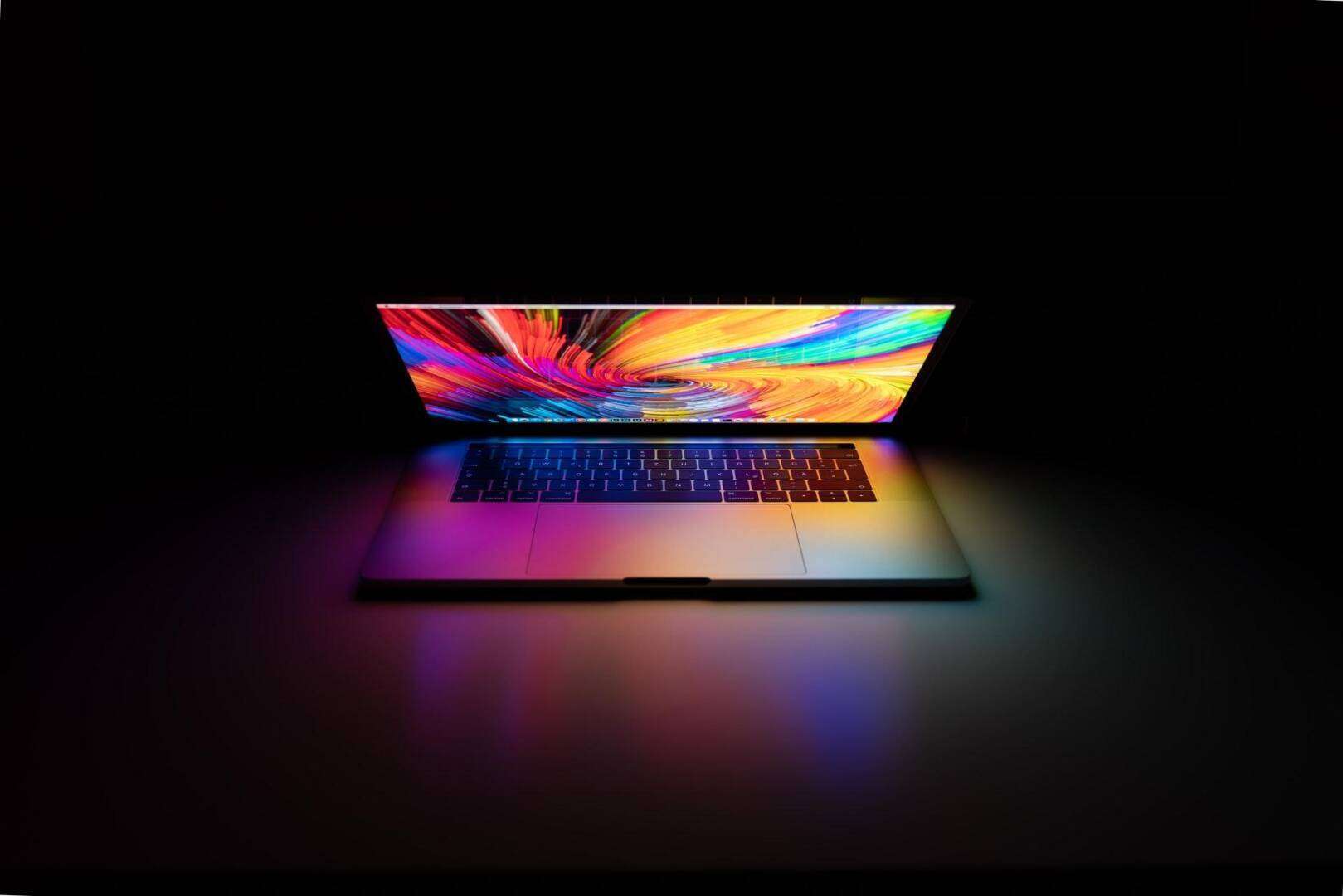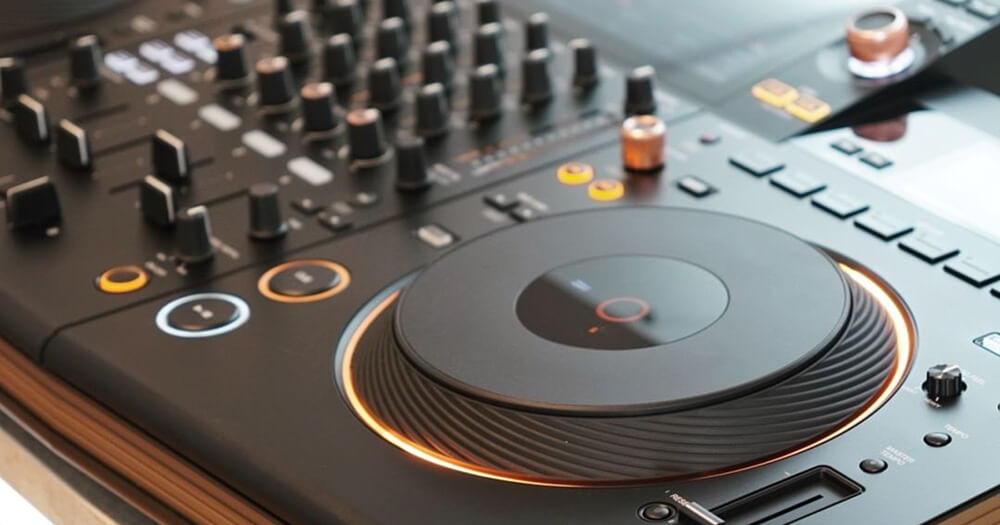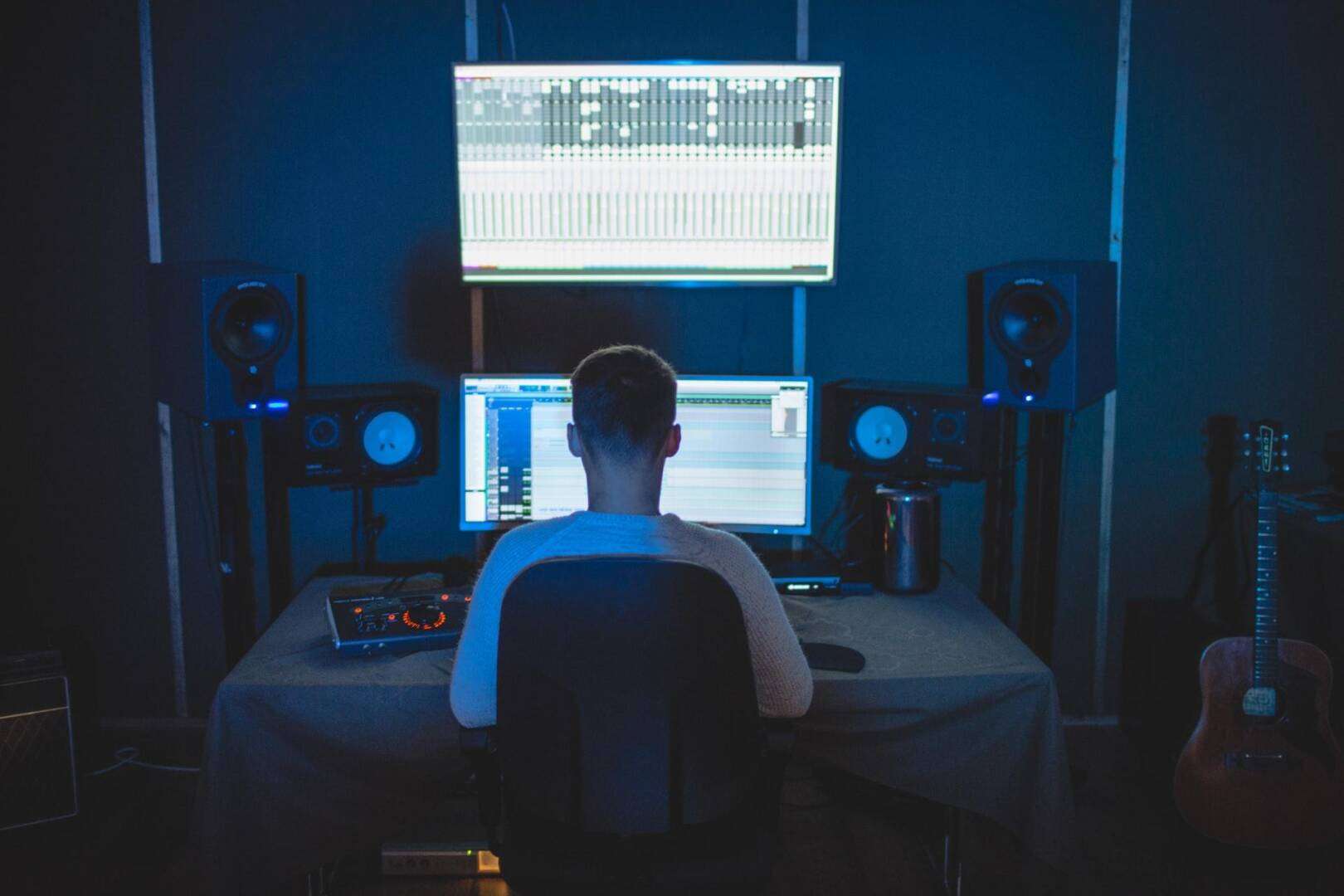Investing in the best CPU for music production is a wise decision for producers who want to maximize their workflow and take full advantage of the latest software features and advancements. Crafting your optimal studio rig requires careful consideration of performance levels and features that align seamlessly with your creative aspirations.
While a dual-core processor may suffice for basic audio projects, a prudent choice involves opting for a minimum of a quad-core, such as the Intel i5 or AMD Ryzen 5, to elevate the smoothness of your music production process.
In the ongoing dialogue between AMD and Intel, as of 2024, Intel commands the lead in single-thread benchmarks with its cutting-edge 14th generation “Meteor Lake” processors. Despite AMD’s notable successes, especially in the gaming sector, Intel’s latest offerings represent a minor yet impactful upgrade from the 13th-gen.
While multi-core CPUs abound, it’s crucial to note that many Digital Audio Workstation (DAW) software in 2024 may not fully exploit multi-core CPU optimization. Thus, prioritizing processors with robust single-thread performance remains paramount, even as core count retains its advantages.
For most music producers, the Intel i5 stands as a solid choice. However, those immersed in substantial audio projects laden with sample libraries, VSTs, and plug-ins may find merit in exploring more robust processor options. Given the resource-intensive nature of DAW software for music production, a powerful CPU paired with ample RAM becomes indispensable in meeting the demands of diverse software, plug-ins, VSTs, and the intricate compositions of the musical landscape in the year 2024.
Best Processor For Music Production
- Architecture: Meteor Lake
- Socket: LGA 771
- Cores/Threads: 24 (8P+16E) / 32
- Base Frequency: 3.2GHz
- Top Boost Frequency: 6GHz
- TDP: 125W
- PassMark - CPU Mark: 4791
- Fastest processor out right now
- Can use DDR5 or DDR4 RAM
- Brilliant single-threaded performance
- Runs hot
- No bundled cooler
It wasn’t long before Intel took their position back as the best processor for music production. The Core i9-14900k offers insane performance and is the perfect addition to any studio rig, if your budget allows for it.
In single core performance, this processor was excellent. Since most DAW don’t take advantage of multi-core and only make use of one core, using the Core i9-14900k in real world audio sessions was a breeze.
With a 24 core CPU like this, you have 32 threads all able to be dedicated to their own individual Ableton channel before you’d have to start splitting the workload.
While this is still aimed at higher-end users, its much cheaper than AMD’s flagship processor. A no-brainer if you can afford the $600-ish pricetag. There’s no bundled cooler, so don’t forget to buy one.
Be sure to also check out the Intel Core i7-14700K, which offers similar single thread performance but for around $150 less on the pricetag.
Best AMD Processor For Music Production
- Architecture: Zen3
- Socket: AM5
- Cores/Threads: 16/32
- Base Frequency: 4.5GHz
- Top Boost Frequency: 5.7GHz
- TDP: 170W
- PassMark - CPU Mark: 4300
- Decent price-per-core
- Uses lots of power
- No bundled cooler
In the fast-paced world of computing, where advancements are rapid and constant, the AMD Ryzen 9 7950X, released 15 months ago, continues to hold its ground as a formidable processor. Boasting impressive multi-core performance, this powerhouse is a favorite among creative professionals. Its prowess in handling demanding tasks makes it a reliable choice for content creation, providing the necessary processing power for complex processing and production workflows. It’s worth noting that in single-threaded performance, the Ryzen 9 7950X may lag slightly behind the Intel Core i5-14600K.
However, the AMD Ryzen 9 7950X is not without its quirks. The processor leans towards being an energy hog with a 170W TDP, making it less energy-efficient compared to some of its competitors. Despite this drawback, its longevity and ability to stand up against the best in the market make it a solid option for users who prioritize raw processing power.
Best Mid-Range CPU for Music Production
- Architecture: Meteor Lake
- Socket: LGA 771
- Cores/Threads: 14 (6P + 8E) / 20
- Base Frequency: 3.5GHz
- Top Boost Frequency: 5.3GHz
- TDP: 125W
- PassMark - CPU Mark: 4313
- Fantastic price-to-performance ratio
- Supports both DDR5 and DDR4
- No bundled cooler
- Lots of power (125W)
For most music producers, the Intel Core i5-14600K hits the sweet spots in terms of price and performance. In PassMark – CPU Mark Single Thread Performance tests, this still scored above 4300, putting it in a similar range to the Ryzen 9 7950X. It supports both DDR4 and DDR5 RAM, so you might be able to use this in your existing machine. There’s no bundled cooler, but you’ll want to invest in something that is quiet in the studio.
Best Bang-For-Buck Processor For Music Production
- Architecture: Zen 4
- Socket: AM5
- Cores/Threads: 6 / 12
- Base Frequency: 3.8GHz
- Top Boost Frequency: 5.1GHz
- TDP: 65W
- PassMark - CPU Mark: 3940
- Good single-thread performance for $200 range
- Low power draw
- Stock cooler included
- Bundled fan sucks
For music production enthusiasts seeking a budget-friendly AMD processor, the Ryzen 5 7600 stands out as the most affordable AM5 option. While slightly slower than the Ryzen 5 7600X, it remains a strong entry-level CPU with six cores, making it well-suited for music production tasks. Despite its lower rendering capability compared to more powerful processors, it competes closely with Intel’s Core i5-13600K in performance. The Ryzen 5 7600 is a compelling choice for music producers on a budget.
Best Budget CPU for Music Production
- Architecture: Raptor Lake
- Socket: Socket 1700
- Cores/Threads: 4/8
- Base Frequency: 3.4GHz
- Top Boost Frequency: 4.5GHz
- TDP: 89W
- PassMark - CPU Mark: 3663
- Decent performance for around $130
- Affordable
- Cooler included
- Less upgrade routes
The Intel Core i3-13100F stands out as an excellent budget CPU choice for music production, balancing performance and affordability. Priced at under $130 on Amazon, its robust gaming performance, support for DDR4, and PCIe 5.0 compatibility make it well-suited for users engaging in content creation and music production. The CPU’s commendable single-threaded performance is crucial for tasks requiring real-time processing in music production, and the included cooler proves sufficient for extended sessions.
However, potential downsides include a slightly higher price compared to its predecessor and limitations in threaded applications, affecting multitasking capabilities. While lacking CPU core overclocking and offering limited memory overclocking, the Intel Core i3-13100F remains a compelling choice for budget-conscious individuals seeking a capable CPU for music production without compromising essential performance aspects.
The number of CPU cores that you need for music production will depend on the specific software and hardware that you are using, as well as your personal workflow and preferences.
In general, music production software can benefit from having more CPU cores, as this can allow the software to make better use of parallel processing and handle more tasks simultaneously. However, the exact number of cores that you need will depend on the specific software and hardware that you are using, as well as the complexity of your projects and the level of performance that you require.
As a general rule, a CPU with at least 4 cores is a good starting point for music production. However, if you are working on complex projects or using resource-intensive software, you may benefit from a CPU with more cores.
